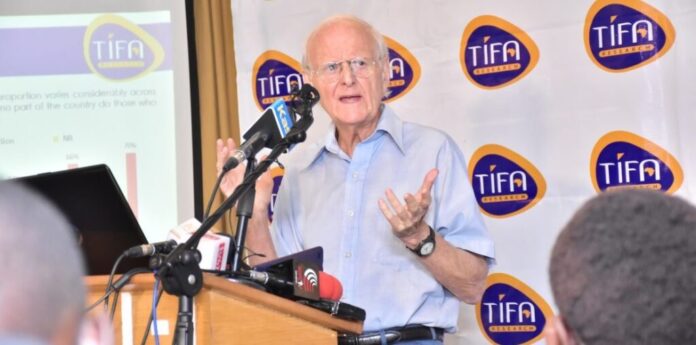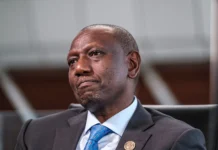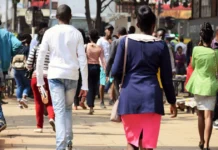With less than two years to the next General Election, the Independent Electoral and Boundaries Commission (IEBC) is facing a crisis of confidence.
According to the latest survey by Trends and Insights for Africa (TIFA), only 18% of Kenyans say they have strong confidence in the Independent Electoral and Boundaries Commission (IEBC) — a drastic fall from the 58% recorded just before the 2022 polls.
The findings, released on Wednesday, paint a picture of growing public disillusionment with Kenya’s electoral agency. Nearly half of the respondents — 48% — indicated they have no trust in the IEBC at all, while 26% said they are only “somewhat confident.” Another 8% said they were undecided.
The drop in confidence hasn’t happened overnight. In fact, the trend has been steadily deteriorating since the 2022 general election. In May this year, public trust had already slipped to 20%. Now, just four months later, it has fallen further to 18%. Meanwhile, those who said they had zero trust in the IEBC spiked from 10% in 2022 to 50% in May 2025 — a figure that remains virtually unchanged.
TIFA, in its latest analysis, pointed to a serious legitimacy challenge for the electoral body. “The IEBC is staring at a crisis. If trust continues to erode, the credibility of the 2027 elections could come under serious question,” the research firm warned.
This data comes at a time when public interest in the 2027 elections appears high — a separate TIFA poll showed that 94% of Kenyans intend to vote. However, the stark contrast between voter enthusiasm and faith in the institution managing the process raises serious concerns.
Election observers and governance experts have both pointed out that electoral commissions, especially in countries like Kenya with a history of contentious polls, cannot afford to lose public confidence. “Once trust is lost, it becomes incredibly difficult to assure citizens that the process is fair — no matter how well it is run,” said one political analyst.
The IEBC has not yet issued an official response to the latest survey, but pressure is already mounting. With its leadership under scrutiny and ongoing debates around its reform, the commission is walking a tightrope.
For many Kenyans, the issue isn’t just about who wins or loses — it’s about believing that their vote actually counts, a concern that has persistently dodged Kenyan voters in every election circle. Without that assurance, the very foundation of the democratic process could be at risk.
As the countdown to August 2027 continues, one thing is clear: the IEBC must urgently rebuild its credibility — not just for the sake of the election, but for the health of the country’s democracy.



















